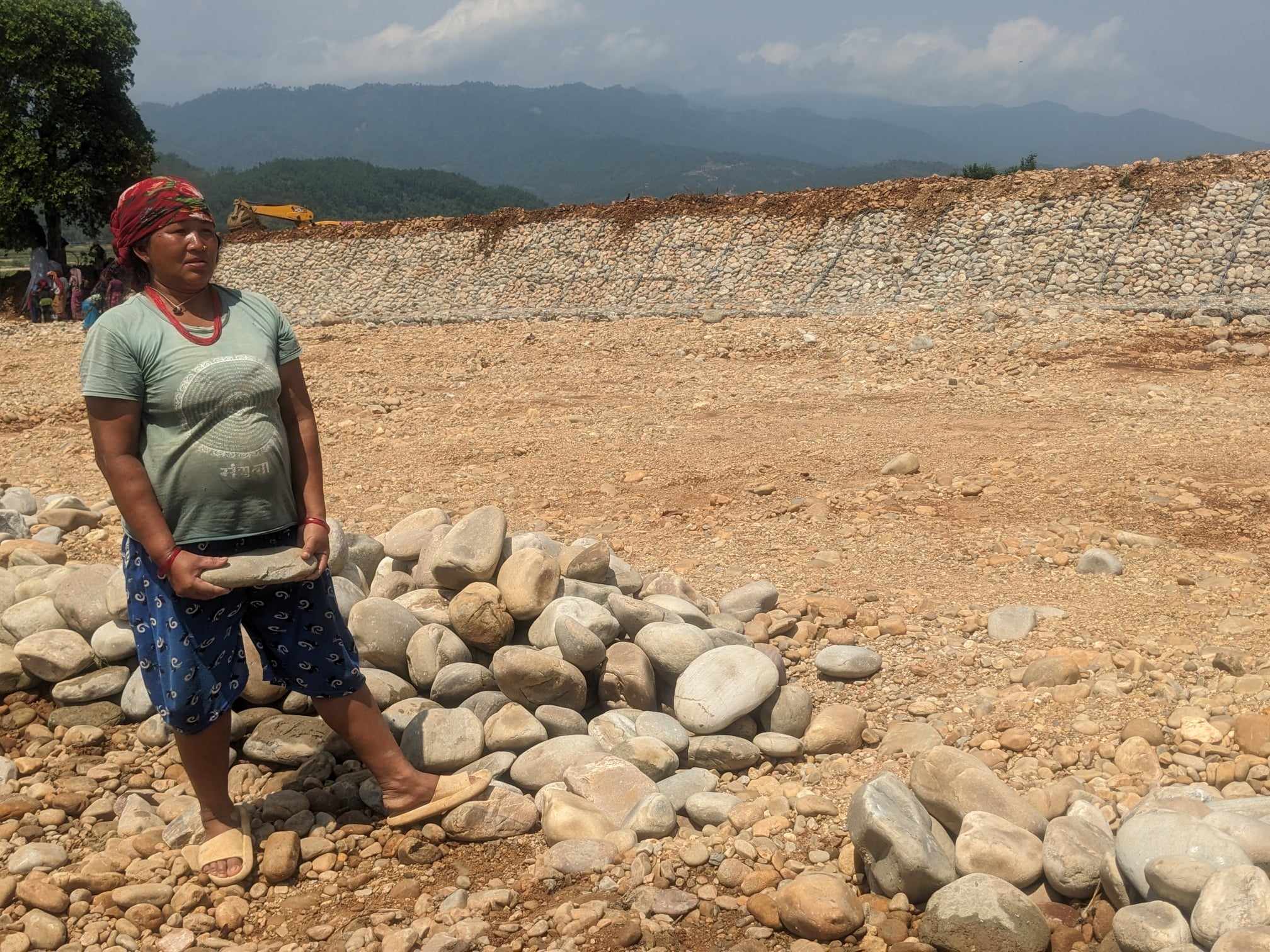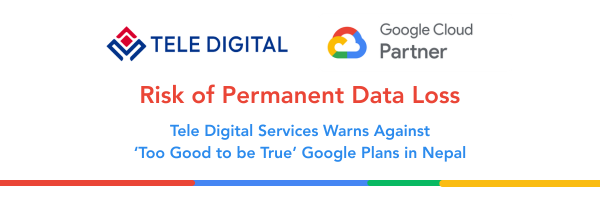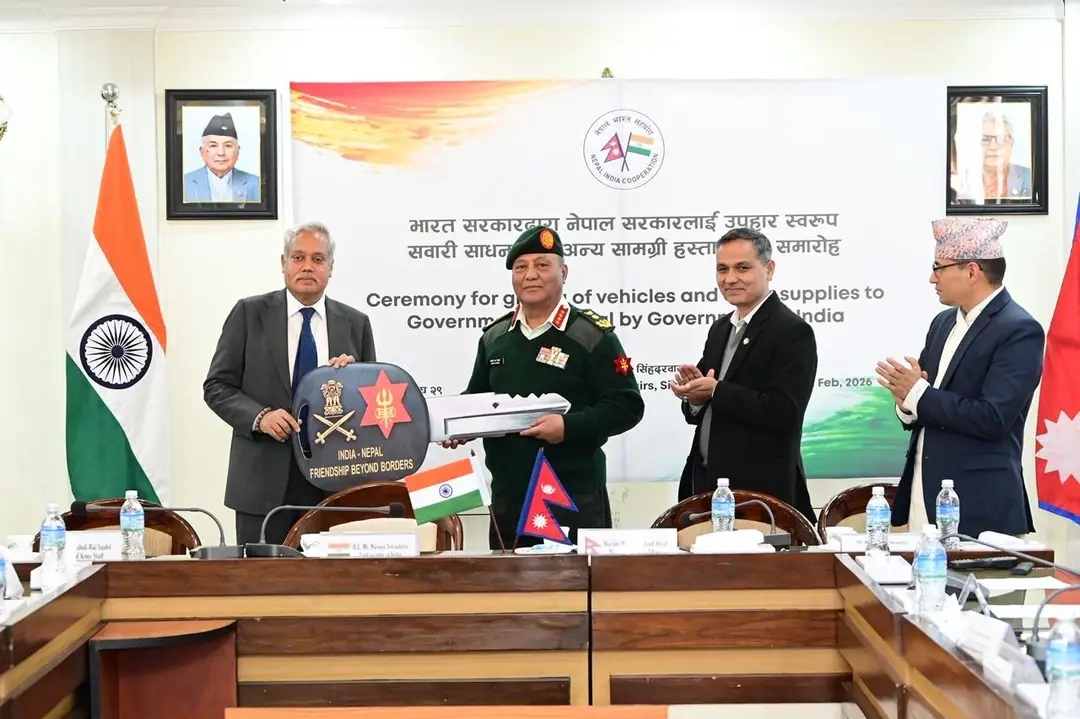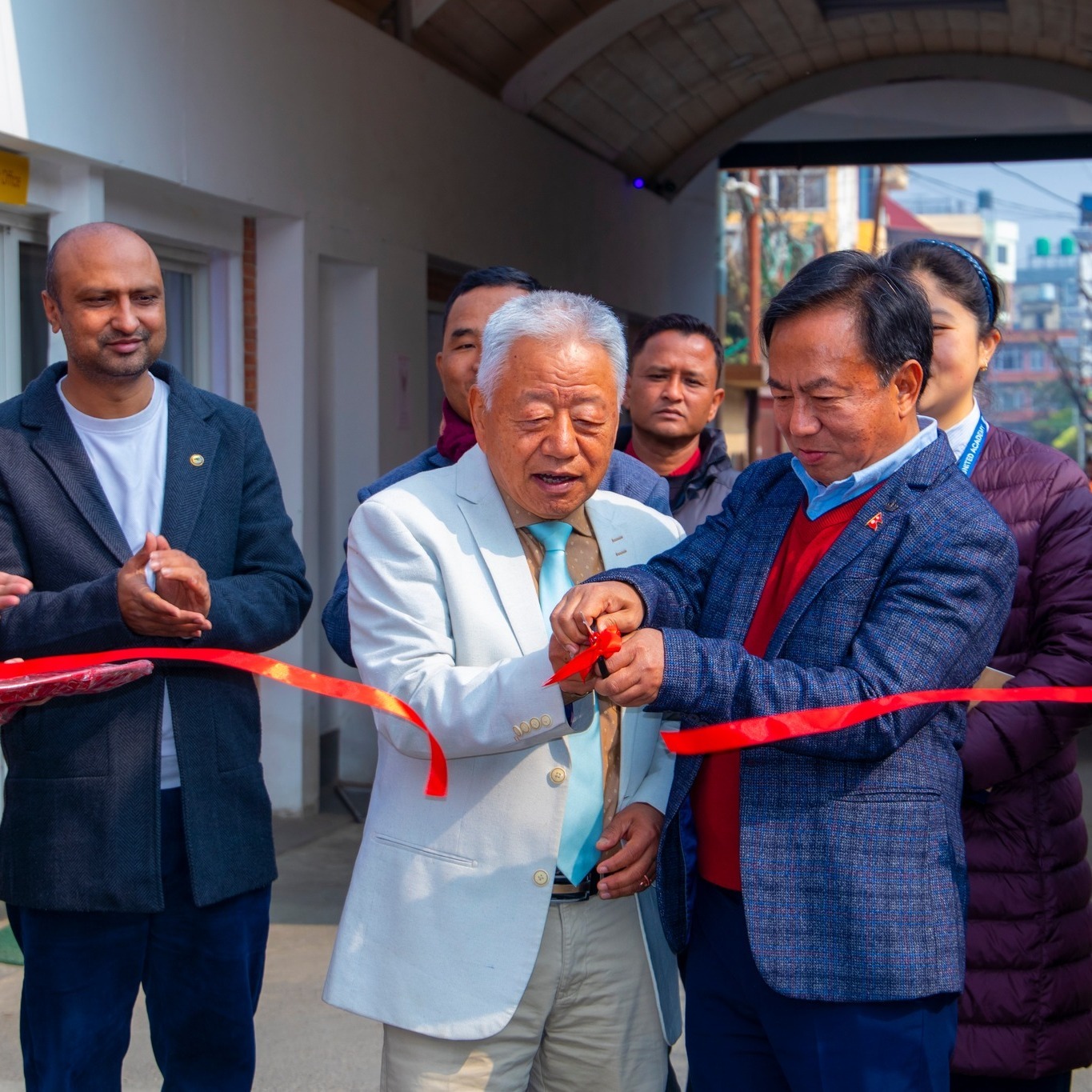
Kathmandu, 17 Oct, To mitigate the impacts of heavyfloods and landslides, the United Nations is providingsupport to communitiesto help protect lives and livelihoods.
People in the Koshi River Basin – including the Sunsari and Saptari districts of Koshi and Madhesh Provinces –are receiving this assistance as part of the UN’s Anticipatory Action framework funded by the Central Emergency Response Fund, which brings the UN and its partners together ahead of predicted crises to curb potential humanitarian impacts.
“Thanks to the swift measures implemented through this initiative, vulnerable communities have been able to enhance their access to essential services and minimize loss of incomes,” said Hanaa Singer-Hamdy, the UN Resident Coordinator in Nepal. “The UN – together with the Government and our humanitarian partners – will continue to step up efforts to build communities’ resilience in the wake of yet another natural disaster.”
The Food and Agriculture Organization (FAO) supplies farmers with hermetic bags to keep seeds dry, while the UN Population Fund (UNFPA) is working to address gender-based violence, reduce maternal mortality and help women and girls with hygiene support.
For its part, UNICEF is providing digital cash assistance, as well as distributing water and sanitation supplies, deploying mobile water treatment plants and restoring water fixtures in health facilities.
The World Food Programme (WFP) is providing digital cash assistance to help people accessfood and other essential items.
249 people have been killed 178 injured, and 18 remain missing from the heavy rain on 27 and 28 September affecting several districts, twenty of which have seen high impactaccording to the Government of Nepal, Ministry of Home Affairs/NDRRMA.
Climate change is intensifying the impact of landslides and flooding in Nepal, exposing the poorest households in the country to hunger and other threats.
The UN Office for the Coordination of Humanitarian Affairs (OCHA) has been supporting countries globally scale up coordinated Anticipatory Action to help people get ahead of predictable events such as such as droughts, floods and storms. The Central Emergency Response Fund (CERF), which is managed by OCHA, helps humanitarian agencies to deliver immediate life-saving assistance in crises worldwide.










